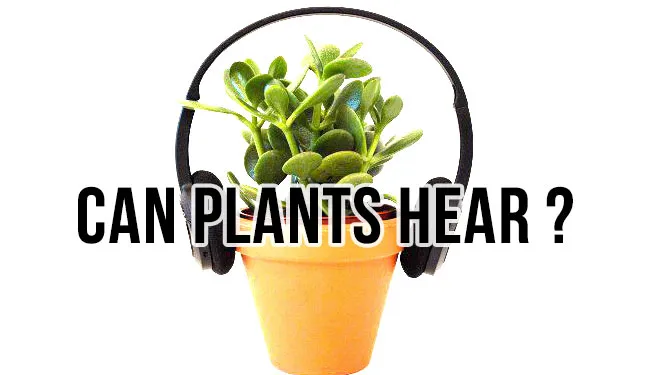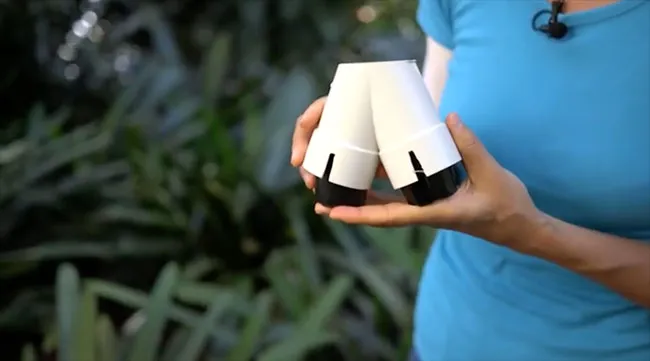Claims that music supports plant growth have been made for decades despite the lack of evidence. Turns out they may be right.

In her study, Monica Gagliano, an evolutionary biologist at the University of Western Australia, and her colleagues investigate pea seedlings. They put them in containers that look like inverted Y. One Y-wing is placed in water or in a tube, through which water enters; and the other wing has only soil. It turns out that the roots grow only in the direction of the water pipe, whether it is easily reached or hidden in the pipe.
"They just know that the water is there, even if the only thing they recognize it is the sound of falling into the tube," Galliano explains.
When the seedlings are given a choice between a pipe with water and humid soil, the roots prefer the latter. Galliano's hypothesis is that these plants use sound waves to detect water from a distance but follow the moisture gradient to its source as its purpose. This study is not the first to show that flora can recognize and interpret such information. A study in 2014 showed that the Arabidopsis, a relative of the cabbage, can distinguish between the sound of a chewing caterpillar and the wind vibration - the plant produces more chemical toxins when it "hears" a record of feeding insects.

"We tend to underestimate the plants because their response is usually less noticeable to us, but the leaves appear to be extremely sensitive vibration detectors," said study author Heidi Appel, a scientist at the Toledo University.
Another hint that plants can hear comes from the phenomenon of "buzzing pollination," in which the buzz of the bee at a certain frequency stimulates the release of pollen. In other experiments, it has been found that sounds can lead to a hormonal change in plants, affect their intake of oxygen and alter their growth levels.
Michael Schöner, a biologist at the University of Greifswald, Germany, who does not participate in the new study, believes that plants have organs that perceive the noises. "Sound vibrations can cause plant responses through mechanoreceptors - these can be very fine, hairy structures, anything that can act as a membrane," explains Schöner.
The new study raises questions about whether sound pollution affects plants as well as animals, Galliano notes. “Noise could block information channels between plants, for example, when they need to warn each other of insects," she said.
The results are published in the Oecologia magazine here. Sources: 1;2
-

